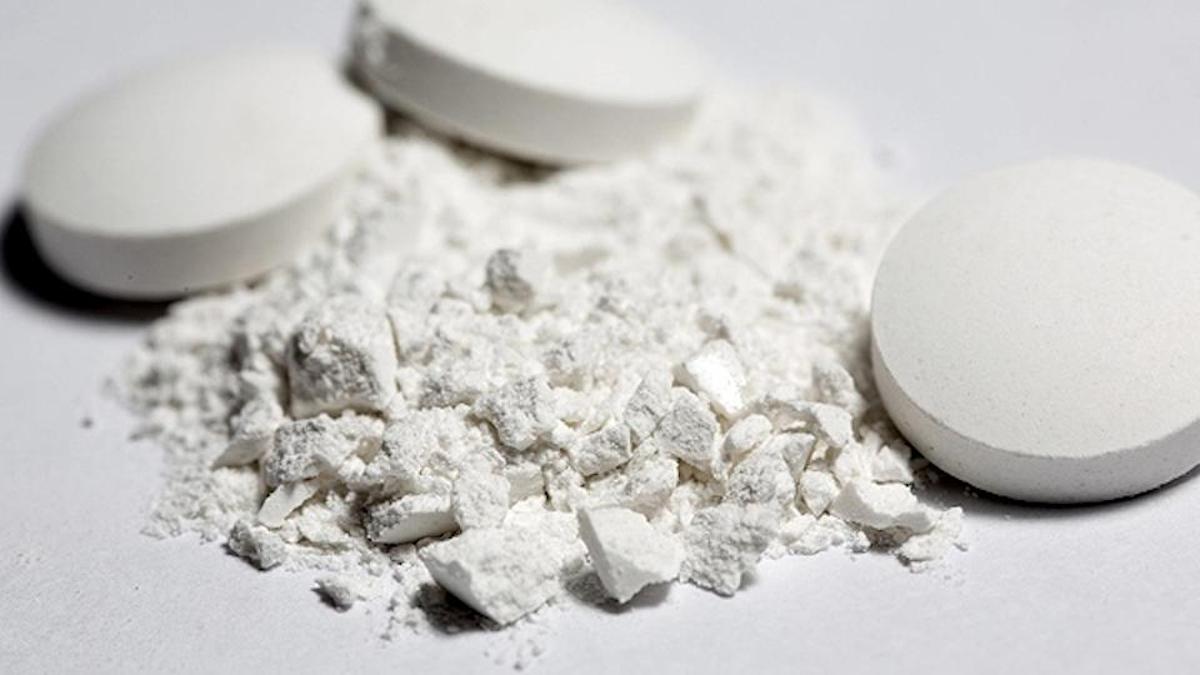BMS extends its position in ADCs with $180m Orum deal

Orum’s chief executive Sung Joo Le
Bristol-Myers Squibb has signed another deal to build its capabilities in antibody-drug conjugates for cancer, paying $100 million upfront to take control of an Orum Therapeutics candidate with a different take on the class.
The deal – with a potential value of $180 million – is focusing on ORM-6151, which combines the properties of ADCs and protein degraders, another emerging therapeutic category in oncology.
The drug is based on an antibody component targeting the CD33 receptor linked to a molecule that breaks down GSPT1, an intracellular protein that is thought to promote the proliferation, migration, and invasiveness of tumour cells, including breast cancers and blood cancers.
South Korea-based Orum has already been granted FDA approval to start a phase 1 trial of the drug as a therapy for patients with acute myeloid leukaemia (AML) or high-risk myelodysplastic syndromes (MDS).
Orum said recently that preclinical results with ORM-6151 suggest it should offer better tolerability than Pfizer’s Mylotarg (gemtuzumab ozogamicin), a CD33-targeting ADC that has been approved to treat relapsed or refractory AML since 2017, as well as eragidomide (CC-90009), a GSPT1-targeting protein degrader in BMS’ early-stage clinical pipeline.
This is the second partnership involving drugs combining ADC and protein degrader technologies in the last few weeks, coming after Seagen formed a wide-ranging partnership with Nurix with a top-line value of $3.4 billion, including $60 million upfront.
BMS, meanwhile, has a long heritage in protein degradation through its acquisition of Celgene, which developed drugs in the category like Revlimid (lenalidomide) and Pomalyst (pomalidomide), both already used to treat blood cancers.
Orum’s chief executive, Sung Joo Le, said the partnership with BMS “validates Orum’s […] approach, which we pioneered to improve the therapeutic window and realise the full potential of targeted protein degraders through precision delivery to cancer cells via antibody-drug conjugates.”
The Orum deal is the latest in a series signed by BMS in the ADC arena, coming after a strategic alliance with Eisai worth up to $3 billion to partner folate receptor alpha-targeting drug farletuzumab ecteribulin (MORAb-202) – in clinical trials for ovarian and non-small cell lung cancer (NSCLC) – as well as a $1 billion partnership with Tubulis for its ADC stabilising technology.
Its pipeline also includes Claudin 18.2-directed ADC BMS-986476 in phase 2 for gastrointestinal and pancreatic cancer, acquired as a result of its acquisition of Turning Point Therapeutics for $4.1 billion in 2021, and a BCMA-directed ADC for multiple myeloma.













